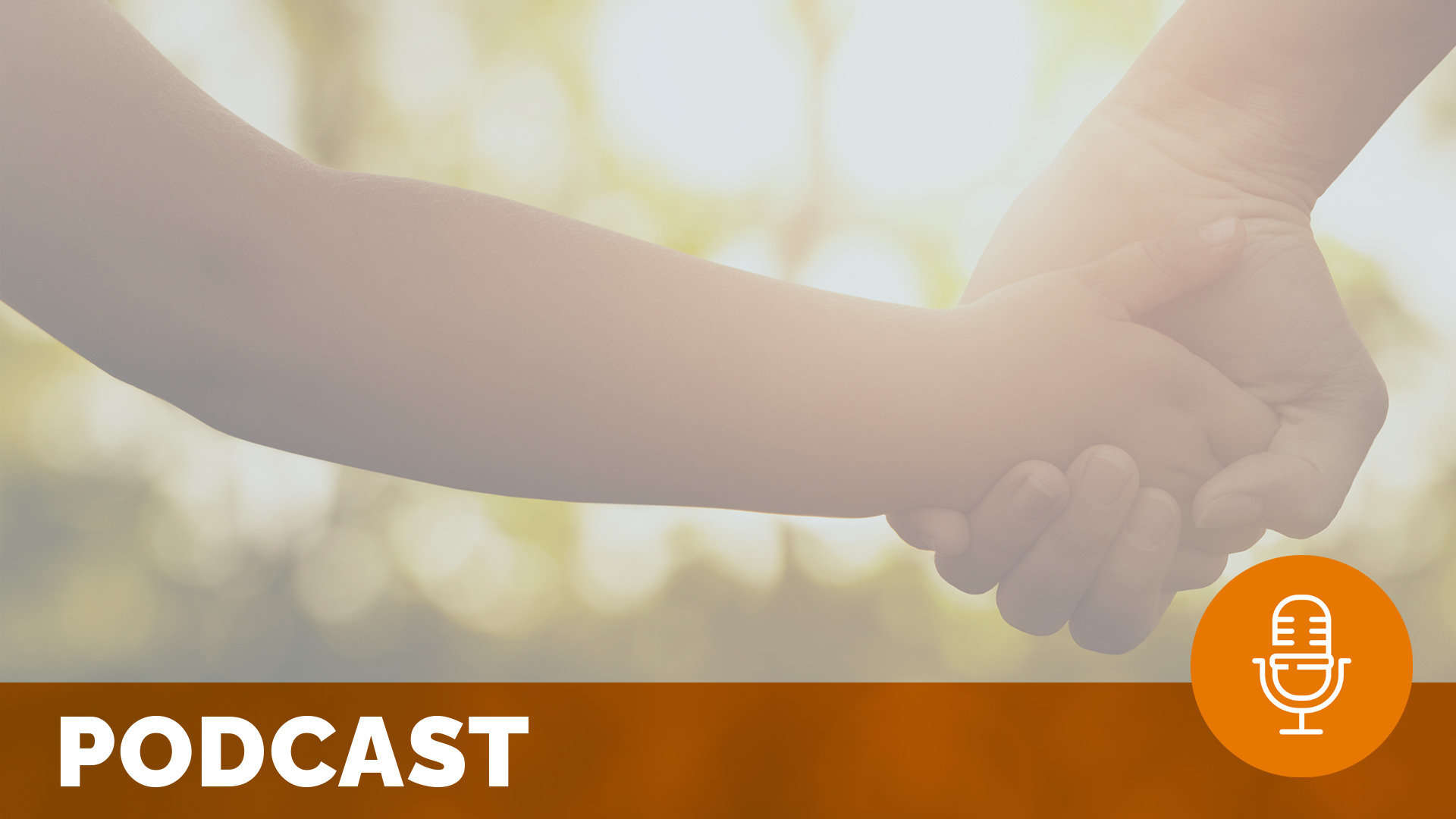“We’re all human here.”

In Part 2 of this podcast series, Lindsay dives deeper into life with mental illness after treatment has begun. Bebe shares her perspective on the current state of society’s bias against those living with mental health challenges. In this episode we find out what life is like for Lindsay after she sought care for her crippling anxiety and how she manages her mental illness in the same way anyone with a chronic illness might. Bebe Smith provides perspective on how society’s perceptions of those with mental health challenges shift over time and what we should focus on when serving those seeking help.
Related content
-
 Patient Family & Community Engagement
Patient Family & Community EngagementAdolescents with Cystic Fibrosis Expressing their Possible Selves through Photovoice: a Longitudinal Interpretative Phenomenological Analysis to Prepare a Peer Support Intervention for Healthcare Transitions
While the transition from pediatric to adult care has become a field of study and practice focused on preparing the adolescent to “become an adult with a chronic condition”, we are conducting participatory research to develop, implement, and evaluate a peer-support intervention aimed at supporting transition from pediatric to adult care for adolescents living with
Learn more -
 Patient Family & Community Engagement | Staff & Provider Engagement
Patient Family & Community Engagement | Staff & Provider EngagementConnecting Compassion for Patients with Health Care Worker Wellbeing
This webinar will explore: understanding who patients are, what they need, and how compassion can be shown; research on the benefits of compassionate care for patients and providers; and practical communication skills to avoid common pitfalls that increase suffering. By reconnecting healthcare workers with the “why” of their roles, we can enhance patient experience and
Learn more -
 Patient Family & Community Engagement
Patient Family & Community EngagementThe One Friend They Miss the Most: The Impact of Pet Interactions on Pediatric Experience
When his son, Brayden, passed away due to complications from a congenital heart defect, John Otten harnessed the power of his grief into action and founded Brave Like Me. Listen in as he and Amy Cielak, board member, discuss the profound impact an interaction with a pet can have on a patient, and how they
Learn more
